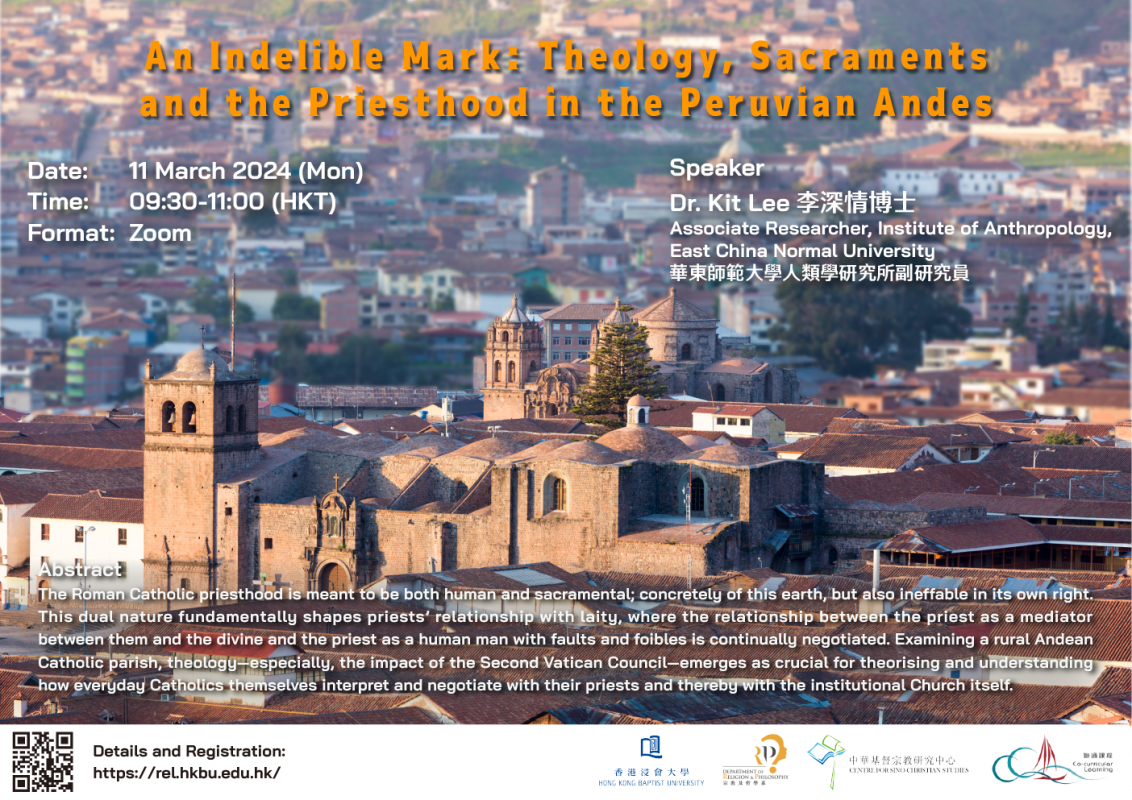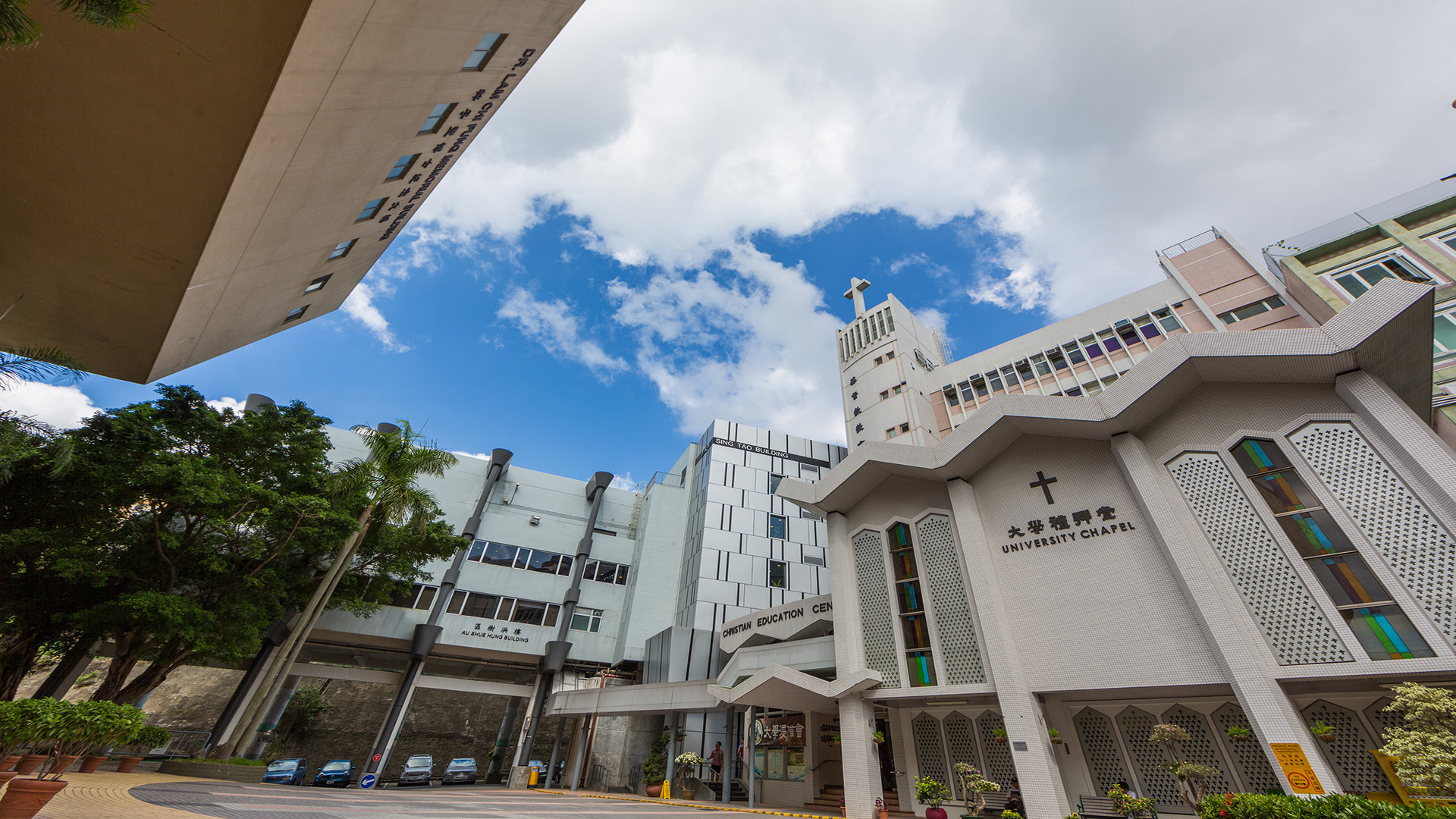The Roman Catholic priesthood is meant to be both human and sacramental; concretely of this earth, but also ineffable in its own right. This dual nature fundamentally shapes priests’ relationship with laity, where the relationship between the priest as a mediator between them and the divine and the priest as a human man with faults and foibles is continually negotiated. Examining a rural Andean Catholic parish, theology—especially, the impact of the Second Vatican Council—emerges as crucial for theorising and understanding how everyday Catholics themselves interpret and negotiate with their priests and thereby with the institutional Church itself.





